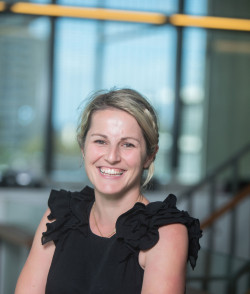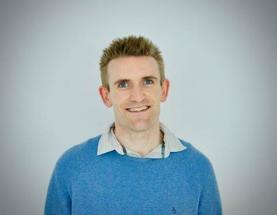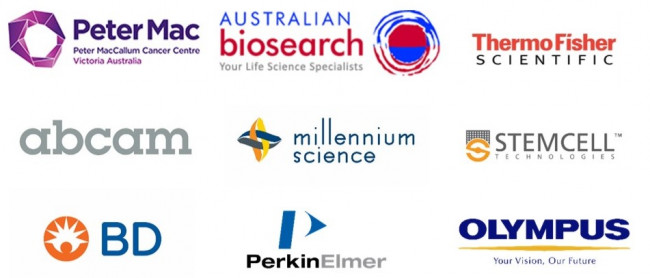






All postdoctoral researchers throughout Victoria are encouraged to attend the symposium and to share their latest achievements in all aspects of cancer research, including basic biology, translational research, molecular pathology, bioinformatics, stem cells, epigenetics, clinical trials, genomics and immunology.
Featuring plenary lectures, poster sessions and networking opportunities, this conference will provide an excellent forum for postdoctoral researchers to share data and interact with colleagues. Plan to join us for a full program of events and for the informal networking event after the conference.
Confirmed plenary speakers:
Associate Professor Alicia Oshlack
Murdoch Children’s Research Institute
Associate Professor Alicia Oshlack is the head of Bioinformatics at the Murdoch Children¹s Research Institute and an NHMRC Career Development Fellow (level 2). A/Prof Oshlack has been working in the field of Bioinformatics for nearly 15 years and she is best known for her body of work developing methods for the analysis transcriptome data. Oshlack has also built an extensive collaborative network with many national and international research groups uncovering molecular mechanisms of development and disease using a variety of genomic approaches. Oshlack is regarded as a worldwide expert in the field of RNA-seq analysis and has several projects utilising the analysis of single-cell transcriptomes. She also works in the areas of clinical diagnostics from DNA sequencing and epigenetic. She has received several awards including the Millennium Science award from the Lorne Genome conference, the Australian Academy of Science Ruth Gani medal for human genetics (2011) and the inaugural Georgina Sweet award for women in quantitative biomedical research (2016).
Dr Marina Pajic
Garvan Institute of Medical Research

Dr Marina Pajic completed her PhD in the laboratory of Prof Michelle Haber at the Children’s Cancer Institute (CCI), University of New South Wales, where she investigated chemoresistance mechanisms in childhood cancers, supported by a University Postgraduate Award and a CCI Postgraduate Scholarship. On completion of her PhD Dr Pajic joined the renowned group of Prof Piet Borst at the Netherlands Cancer Institute where she established physiologically-relevant mouse models to study mechanisms of chemoresistance in breast cancer. This project resulted in funding approval from the Dutch government and key first and co-author publications.
In 2010, Dr Pajic moved back to Australia to join the Pancreatic Cancer Research Team and the Australian Pancreatic Cancer Genome Initiative (APGI) at the Garvan Institute for Medical Research. As part of the International Cancer Genome Consortium sequencing effort, Dr Pajic has established a unique personalised medicine project for pancreatic cancer and since 2013 leads the Personalised Cancer Therapeutics Group.
She has been awarded three fellowships from the Cancer Institute New South Wales (Early Career (2011) and Career Development Fellowships (2013 and 2016)) and a Philip Hemstritch fellowship in pancreatic cancer. She takes an active role in training emerging scientists (Honours and PhD projects), with all students currently supported by Sydney Catalyst, NHMRC and UNSW scholarships. Dr Pajic engages and communicates regularly with the public through the Institute’s open events. She is an independent reviewer for several journals, an EACR ambassador and co-director of the Australasian Pancreatic Club.
Dr Paul Beavis
Peter MacCallum Cancer Centre

Dr. Beavis completed his PhD at Imperial College London in 2010 and joined Peter Mac shortly thereafter to work in the Cancer Immunology Program. Since his recruitment to Peter Mac, Dr. Beavis has established a vibrant program of research focusing on the molecular and biological processes involved in tumour-induced immunosuppression, in particular the role of CD73 and adenosine receptor signalling. He also has a significant interest in developing novel CAR T cell technology to enhance their effectiveness in solid cancer. He is a fundamental cancer researcher and immunologist but his work clearly has a strong transnational focus and his collaborative research studies with industry partners and with internal collaborators such as Prof. Sherene Loi have provided the foundation for clinical application of his work. Paul holds a career development fellowship from the NBCF and an NHMRC Project Grant as CIA and his team consists of himself, a post-doctoral researcher, two research assistants and two PhD students.

